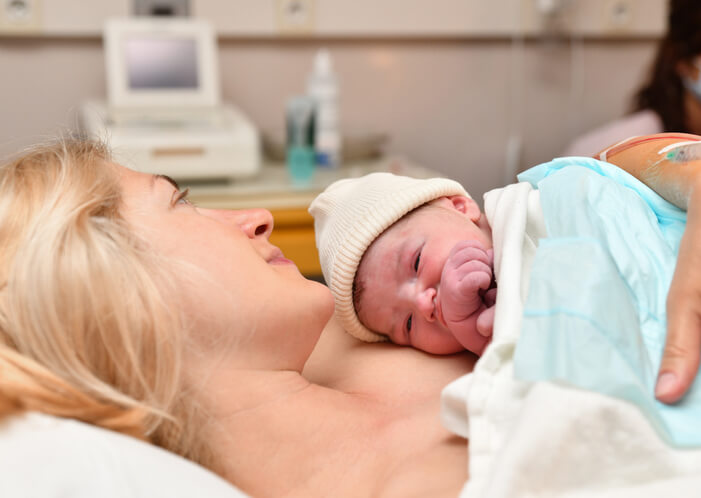For many, finances are a taboo topic. It’s tough enough to talk about them seriously with your loved ones and immediate family — so how do you get comfortable enough to talk about this topic with people you’ve just met?
Talking about finances and surrogate compensation with your intended parents can be an awkward conversation, but it’s a necessary one to have. A professional can help mediate these conversations in an agency-assisted surrogacy but, in an independent surrogacy, you will likely be on your own.
So, how do you talk about finances with your intended parents? How do you make sure you get paid on time and are not held responsible for any of your surrogacy costs?
It’s important to be aware of the financial aspects of an independent surrogacy journey before you even get started. That’s why we’ve tackled some of the biggest topics below. Remember that our surrogacy specialists are always available to discuss private surrogacy vs. agency-assisted surrogacy and explain how our services can make your financial matters a little easier.
Being Your Own Financial Advocate
When you are an independent surrogate, you will be responsible for a great deal of coordination and communication between professionals. You will be the one to find your surrogacy match, make sure your goals and interests align, and continue the relationship for the remainder of the journey. As part of this, you will also be responsible for your own financial matters.
There are a lot of complicated things that go into surrogacy finances. You will need to be familiar with and manage:
- Your insurance coverage and co-pays
- Additional out-of-pocket costs
- Base compensation
- Travel and other miscellaneous costs
- Postpartum expenses
From the very beginning of your journey, you will be responsible for keeping track of these expenses and notifying your intended parents when payment or reimbursement is due. Because you are the one who is pregnant, all of your medical bills will come to you, and you’ll need to take the extra step to get that information to your intended parents. Otherwise, you will be the one who is held financially responsible.
Discussing Sensitive Financial Issues
In an ideal situation, intended parents are up-to-date on the latest surrogacy charges and handle them quickly and efficiently. Unfortunately, not all intended parents are timely and organized. There is always the possibility that bills will go unpaid or you will be waiting for reimbursement for longer than you anticipate. Usually, these situations aren’t a result of intended parents trying to avoid their responsibilities, but they can hurt your family’s financial situation all the same.
Because you will ultimately be the one responsible for making sure you get paid or your bills are covered, you will need to be ready to have some difficult conversations with your intended parents, if this situation arises. You cannot just avoid the tough parts of your finance discussion; that will leave you responsible for the costs of surrogacy, which should never be the case.
Know that a lot of your financial matters will be detailed in your surrogacy contract. But, if things do not go according to your contract, you will need to step up to confront your intended parents about their responsibilities, no matter how close your personal relationship is.
Deciding What is Right for You
For some surrogates, an independent surrogacy journey is an easy path. They are comfortable discussing financial matters with their intended parents and making sure that they get the financial compensation they deserve.
For other surrogates, an independent surrogacy causes a great deal of financial and emotional stress. When you’re working so closely with your intended parents, it’s natural to develop a deep friendship. But, when this happens, many surrogates feel guilty about asking for money and reimbursement, just as they would feel uncomfortable asking for the same thing from their close friends and family. This can quickly get them into financial trouble if their family is depending on the surrogate compensation to make up for lost wages and other financial burdens related to the pregnancy.
Before you decide to become an independent surrogate, you should be 100 percent confident that you can handle money matters in a professional, non-confrontational and confident way. You will have no one to rely on but you, and that’s a big responsibility.
If you are not ready for this kind of responsibility, that’s okay — surrogacy agencies such as American Surrogacy are here to help. When you work with an agency, your surrogacy specialist will handle all of these matters for you. They will focus on ensuring your medical and surrogacy costs are always covered and that you receive the base compensation you are entitled to. You will only have to focus on a healthy pregnancy and maintaining a positive relationship with your intended parents.
Want to learn more about the pros and cons of an independent surrogacy journey? Feel free to reach out to our agency at 1-800-875-2229(BABY) to speak to a specialist today.
Hear from surrogates about their surrogacy journey by following us on Instagram.









